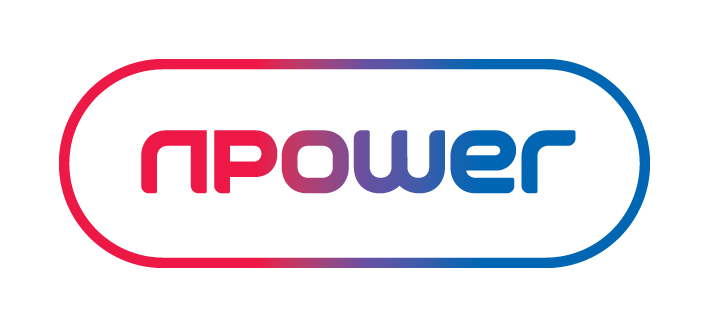Do Business Credit Scores Affect Energy Deals?
If you’re unsure whether your business credit score will affect your energy deals, then our guide on the effects credit scores have on business energy deals is sure to be of use.
Business energy contract due to renew? Call us on 0800 9777 000 or fill in our business quote form to see how much you could save…
How do energy suppliers use credit scores?
Energy suppliers use business credit scores to assess the risk of a business defaulting on its energy bills. Businesses with good credit scores are seen as lower risk and are more likely to get better energy deals, such as lower prices and more flexible terms. Businesses with poor credit scores are seen as higher risk and may have to pay higher prices for energy or may have to put down a deposit.
What is a business credit score?
A business credit score is a number or rating that every business will have, indicating the level of financial security that the company has and its ability to repay any credit or loans. The score is based on a number of factors including the company’s credit history, size, age and if there are any legal issues. A company with a good credit score will find it easier to receive loans or investments in the company. You can find out your business credit score here.
What factors influence your business’s credit score?
Here are some of the ways that business credit scores can affect energy deals:
✔ Energy suppliers may offer lower prices to businesses with good credit scores, as they are seen as lower risk. Businesses with poor credit scores may have to pay higher prices for energy, as they are seen as higher risk.
✔ Energy suppliers may offer more flexible terms to businesses with good credit scores, such as longer payment terms or lower interest rates. Businesses with poor credit scores may have to pay upfront for energy or may have to put down a deposit.
✔ Energy suppliers may offer a wider range of contract options to businesses with good credit scores. Businesses with poor credit scores may have fewer contract options to choose from.
In addition to business credit scores, energy suppliers may also consider other factors when determining energy deals, such as the size and industry of the business, the business’s energy consumption history, and the business’s location.
What is a good business credit score?
Different agencies and companies use business credit scores to assess whether or not a company is entitled to a loan or in this case if they should be accepted as a business energy customer. Credit scores differ depending on the site you use, but typically scores range from 0 to 100 and usually the higher the score the better the credit rating, so what do these ratings look like?
80 or over: Low-risk credit score that may even be considered an excellent score. You will most likely be able to receive a loan that will come with a low interest rate.
40 to 80: A medium-risk credit score that will make loans and energy suppliers ask for more information to ensure you’ll be able to pay. If you’re at the lower end of this rating it will be likely that you’ll be required to provide more information.
40 or lower: A high risk to lenders who usually only provide loans to businesses that have a rating above 40. You will most likely be asked to provide details on why your credit score is so low, if you are accepted for a loan you should expect high interest rates.
How to improve your business credit score?
If you are a business owner, there are a number of things you can do to improve your business credit score, including:
✔ One of the most important factors in your business credit score is your payment history. Make sure to pay all of your bills on time and in full.
✔ Your credit utilisation is the amount of credit you are using compared to the total amount of credit available to you. Aim to keep your credit utilisation below 30%.
✔ A hard inquiry is when a lender checks your credit report to make a lending decision. Too many hard inquiries can lower your credit score.
✔ The longer your credit history, the better. If you are a new business, try to get a business credit card and use it responsibly.
We’d always suggest that you should speak to a business accountant about any issues that you might have with your business credit score.
How to improve your business credit score?
A business energy supplier has to ensure that you’re able to pay for your business energy bills. Taking a look at your credit score will give an energy supplier an idea of whether you’ll be reliable to pay your energy bills on time.
How to get the right energy deal
If you are a business owner, there are a number of things you can do to get a better energy deal, including:
✔ Negotiate with your energy supplier – If you have a good credit score and a good payment history, you may be able to negotiate a better energy deal with your energy supplier.
✔ Consider switching to a renewable energy supplier – Renewable energy suppliers often offer competitive energy deals.
✔ Take steps to improve your energy efficiency – By improving your energy efficiency, you can reduce your energy consumption and save money on your energy bills.
By following these tips, businesses can improve their business credit scores and get better energy deals.
Business energy contract due to renew? Call us on 0800 9777 000 or fill in our energy quote form to see how much you could save…
















